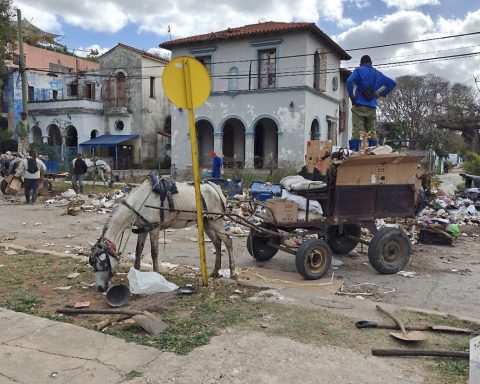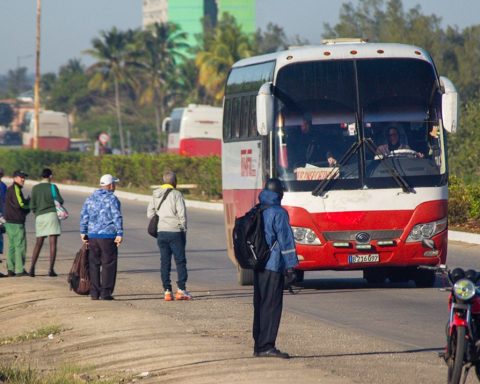The company of tourism Expedia Group must compensate with 29.8 million dollars to an American citizen who filed a demand Against that corporation for the improper use of a property confiscated to his family by the Cuban government.
The decision was issued by a federal court in the city of Miami in which the first trial with jury was held in this instance, under Title III of the Helms-Burton lawaccording to a release Disseminated on the website of the law firm Rivero Mestre, which represented the interests of the plaintiff.
In the first jury trial based on a Helms-Burton Title III Lawsuit, to Miami Jury Said Mario Echevarría, to Cuban-American Man, Is Owed At Least $ 30 million from Expendia, https://t.co/vxuuljh0rq and Orbitz Because they Booked Rooms on a Cuban Island He Claims To Own, Law360 Reports.
– Belly of the Beast (@bellybeastcuba) April 19, 2025
The verdict favors the Cuban American Mario Echevarría, who claimed Expedia Group to obtain benefits in transactions related to a property nestled in Cayo Cocothat would have been expropriated to his family through the Agrarian Reform Law of 1959.
The federal judge Federico Moreno established that the defendant entities, and that they are part of Expedia, “showed offers offers to customers” using their websites for the Iberostar Mojito, Iberostar Colonial and Pullman Cayo Cayo Coco, located in the tourist pole of the Cayería north of the province of Ciego de Ávila.
In turn, he stressed that “the defendants admit that they did not investigate whether these facilities were in confiscated land”, an issue that gave rise to the litigation.
In its statement, the legal firm considers the ruling as “a great victory not only for our client, but also for the Cuban American community in general, whose goods were unduly confiscated” and were generating benefits to US companies in collaboration with the government of the island.
Expedia Group, one of the biggest Seattle -based travel platforms, can appeal the recent ruling in a higher court to reverse it, as has happened before with other demands based in the United States territory covered by current legislation.
Some of these demands have reached the Supreme Court for a final decision, such as the lawsuit imposed on several cruise companies that used their facilities for the port of Havana for their original owners in the first years of the Revolution for their trips.
His heirs challenged before the highest court the decision of a panel of judges of the Court of Appeals of the Onceno Circuit, in Atlanta, which backed down a previous opinion that forced them to pay a fine of 439 million dollars.
The basis of these judicial battles lies in Title III of the Helms-Burton Law, approved in 1996 during the administration of Democrat Bill Clinton.
The application of said provision was from a suspended beginning, a decision that the different US governments has since maintained until 2019, when Dolnald Trump gave green light to its implementation.















